In late December last year, China’s Ministry of Industry issued three separate lists for CPUs, operating systems, and centralized databases that it deemed “safe and reliable,” valid for three years after publication. Reuters reported that all the companies on the lists are Chinese.
Among the 18 approved processors are chips made by Huawei and Phytium Group, both of which are on Washington’s export blacklist. The Chinese chipmakers use a mix of Intel x86, Arm, and other domestic chip architectures. For operating systems, they use open-source Linux-based software.
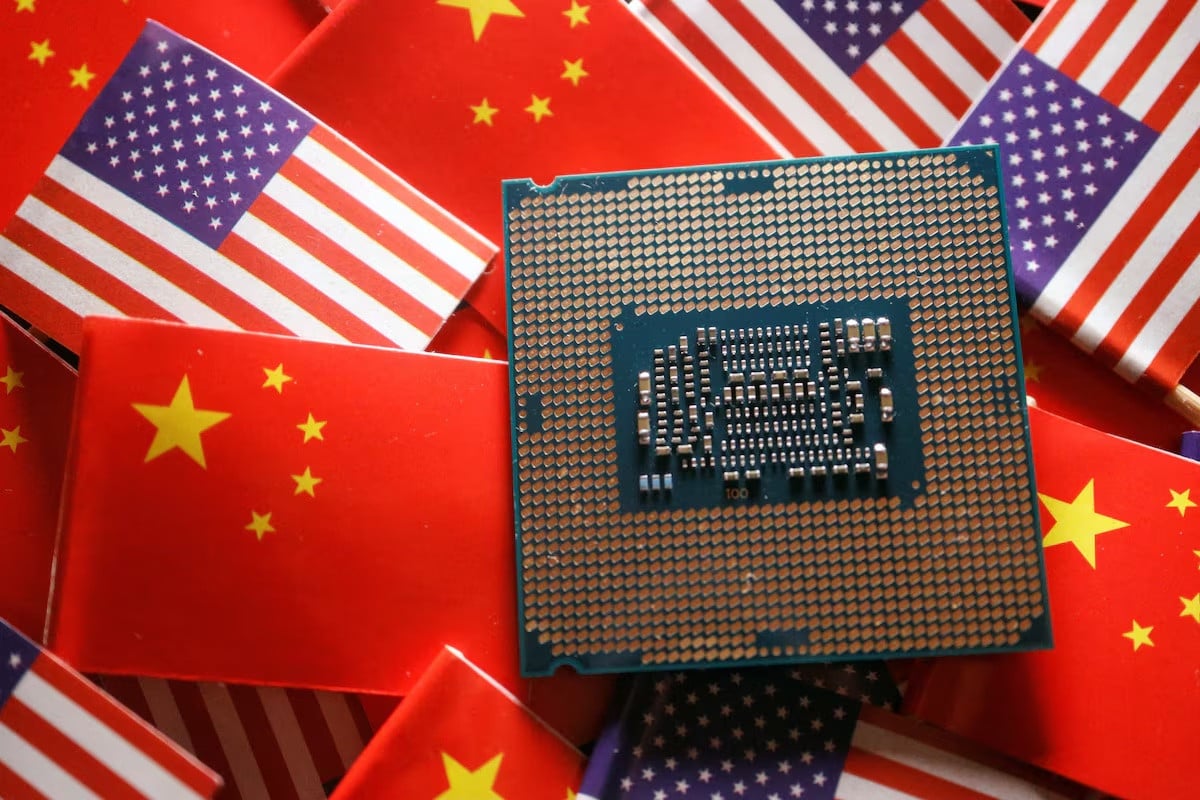
Meanwhile, the US is implementing a plan to increase domestic semiconductor production, reducing dependence on China and Taiwan, with the "backbone" being the CHIPS Act passed by Congress in 2022. This is a law designed to financially support domestic production and subsidies for advanced chip development.
China is Intel’s biggest market in 2023, accounting for 27% of its $54 billion in revenue and 15% of AMD’s $23 billion in revenue. Both U.S. chip companies declined to comment on Beijing’s regulations.
The central government procurement office said purchases of computers running Intel and AMD chips can still continue, as long as the components “comply with relevant regulatory procedures.”
According to a notice from China’s state testing agency, the top criteria for judging a chip as “safe and reliable” is whether the design, development and final production are done in the mainland. In addition, companies must submit complete R&D documents and codes for their products for review.
Lao Zhang Cheng, who was in charge of purchasing 16 “all-Chinese” computers for an organization under the Shaoxing City Transportation Department, said his colleagues had no choice but to familiarize themselves with domestic operating systems.
“We are replacing old computers running foreign chips. Old Windows devices can still be used, but only in rare cases,” Lao said.
Server processor replacements will happen faster than PCs because the software ecosystem that needs to be replaced is more limited, said Lin Qingyuan, a chip expert at research group Bernstein.
(According to Reuters, FT)

Source




![[Photo] Prime Minister Pham Minh Chinh receives the delegation of the Semiconductor Manufacturing International (SEMI)](https://vphoto.vietnam.vn/thumb/1200x675/vietnam/resource/IMAGE/2025/11/06/1762434628831_dsc-0219-jpg.webp)



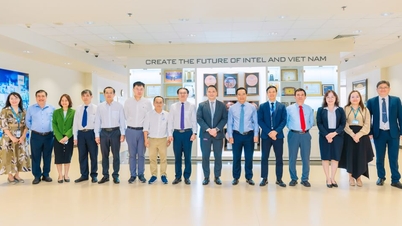



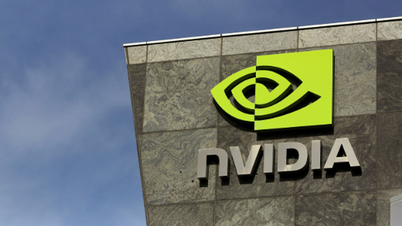

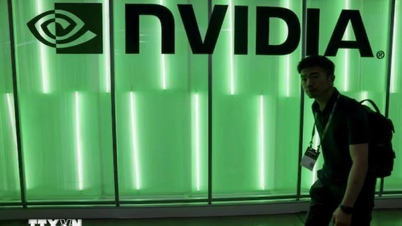

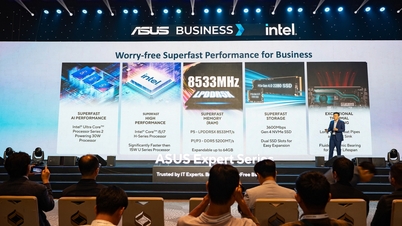




![[Video] The third National Press Award "For the cause of developing Vietnamese culture"](https://vphoto.vietnam.vn/thumb/402x226/vietnam/resource/IMAGE/2025/11/06/1762444834490_giai-bao-chi-vh-3937-jpg.webp)























































































Comment (0)